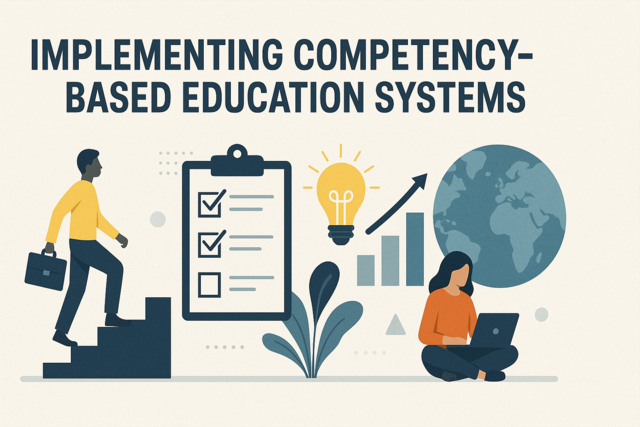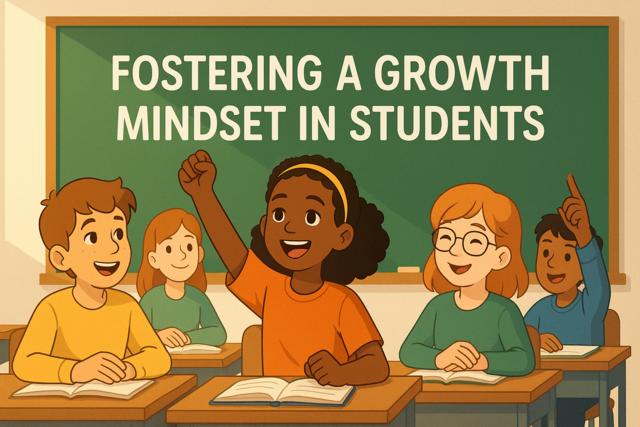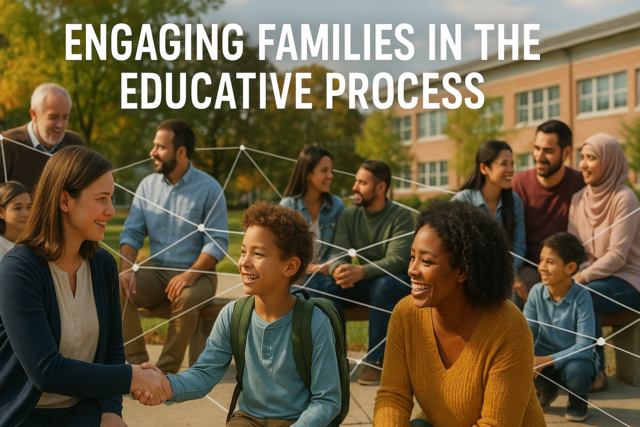Online Class: Holistic Approaches to Education

no certificate
with CEU Certificate*
-
15Lessons
-
22Exams &
Assignments -
3Hours
average time -
0.3CEUs
Course Description
Are you ready to embark on a journey that will reshape how you perceive education? Welcome to "Holistic Approaches to Education," a course designed not just for learning, but for transformation. In a world that often prioritizes test scores and checklists over meaningful understanding, this course invites you to explore the limitless potential of a truly integrated educational experience. Here, we don't just teach lessons; we cultivate lifelong learners who are adaptable, resilient, and empathetic individuals ready to thrive in an ever-evolving world.
Imagine stepping into a classroom where every aspect of a student's development is given the attention it deserves. This course emphasizes not only academic achievements but also the intricate relationship between emotional growth and intellectual prowess. The principles of balance and interconnectedness—the core tenets of holistic education—become your compass as you navigate complex environments, equipped to make a difference in any field you choose.
As you dive into this course, you'll discover the art of nurturing the whole student by going beyond traditional academics. Envision a learning space where physical activity and brain function are intertwined, where academic performance is boosted through movement and kinesthetic learning, and where teamwork blossoms in the great outdoors. Picture students engaging in hiking, yoga, or community projects that enhance concentration and stress management, all while fostering a deep connection to the environment.
Yet, "Holistic Approaches to Education" isn't solely about external activities—it's about harnessing the transformative power of emotional intelligence. Through mindfulness and reflective practices, students absorb more than just knowledge; they soak in experiences that build adaptability, resilience, and collaborative skills—qualities essential for success in today's rapidly changing landscape.
Delve deeper into the course, and you will find yourself in a mindful classroom, a sanctuary where stress dissipates and awareness flourishes. Through simple but profound techniques such as focused breathing, you and your students will learn how to manage emotions and develop resilience. Here, education becomes an active dialogue between student and teacher, fostering empathy and understanding that transcend traditional educational boundaries.
Our course is an open invitation to embrace diversity in the classroom, understanding that cultural backgrounds are a valuable asset rather than a barrier. Through differentiated instruction and the aid of technology, the classroom expands to include voices from across the globe. Students gain firsthand insights into diverse cultures, preparing them to become global citizens adept at navigating multicultural landscapes.
You will also uncover the age-old secrets of learning in harmony with nature, an approach as timeless as it is modern. By grounding education in outdoor experiences, students enhance their cognitive development while cultivating a sense of responsibility for the environment—a vital skill in our current climate.
What sets this course apart is its commitment to making learning a holistic experience. Emotional intelligence, academic success, and personal growth are not islands but interconnected parts of a greater whole. Students will learn how to balance academics with personal well-being, all under the guidance of educators who understand the compassionate blend of science and art involved in teaching.
And there is more. The transformative power of art and music in holistic education cannot be overstated. By engaging with these creative fields, students learn critical thinking and problem-solving skills that are indispensable in navigating complex global landscapes.
Why is this course the superior choice? Because it doesn't just equip you with tools; it evolves with you, adapting to your needs as you grow. It empowers you to cultivate classroom environments brimming with empathy, curiosity, and collaborative spirit—environments where students don't just learn; they bloom.
Enrollment in "Holistic Approaches to Education" is not merely a decision to take a course—it's a commitment to changing your perspective on what education can be. This course offers substantial, life-changing lessons equipped to shape more than just your career; it will refine your outlook on teaching and learning, human connection, and personal fulfillment. Don't just witness the evolution of education—become a part of it. Join us and transform not only your professional journey but also your students' lives, shaping a brighter, more inclusive future for all.
- Completely Online
- Self-Paced
- 6 Months to Complete
- 24/7 Availability
- Start Anytime
- PC & Mac Compatible
- Android & iOS Friendly
- Accredited CEUs

Course Lessons
Lesson 1. Holistic Approaches: Cultivating Lifelong Learners
Principles like balance and interconnectedness in holistic education guide students in navigating an increasingly complex world. By integrating emotional learning and experiential practices, holistic education emphasizes the importance of emotional well-being alongside academic achievement.Lesson 2. Educating Beyond Academics: Nurturing the Whole Student
Physical education, a crucial component of holistic learning, intertwines physical activity with academic growth, optimizing brain function and academic performance. Incorporating movement and kinesthetic learning elevates concentration and stress management while fostering teamwork and environmental stewardship through activities like yoga, hiking, or community projects.Lesson 3. Harnessing Emotional Intelligence: A Transformative Approach to Holistic Education
Implementing emotional intelligence strategies like mindfulness and reflective activities in classrooms enriches learning experiences, fostering emotional growth alongside intellectual development. These practices cultivate adaptability, resilience, and collaboration, essential for success in rapidly evolving environments.Lesson 4. Cultivating Mindful Classrooms for Student Growth
Mindfulness transforms education by fostering awareness and reducing stress, benefiting both individual students and the learning environment. Through techniques like focused breathing, students improve concentration, manage emotions, and develop resilience and empathy.Lesson 5. Diversity in the Classroom
Teachers play a crucial role in promoting cultural understanding by implementing differentiated instruction that caters to the diverse needs of students, leveraging cultural backgrounds to enhance learning. Technology also supports inclusive education through virtual exchanges, allowing students to connect globally and gain firsthand cultural insights.Lesson 6. Learning in Harmony with Nature: Historical Roots and Modern Applications
Nature-based learning transcends traditional teaching by incorporating outdoor and experiential education into academic instruction, promoting well-being and cognitive development. This intertwining of learning with nature cultivates a sense of responsibility and stewardship for the environment.Lesson 7. Harnessing Emotions for Academic Success
Mindfulness enhances emotional intelligence by promoting self-awareness and emotional regulation, thus preparing students to handle academic and personal pressures calmly. With mindfulness as part of their education, students become equipped to make thoughtful decisions and manage stress effectively.Lesson 8. Learning Beyond Boundaries
Incorporating feedback mechanisms into CRM strategies is essential for aligning business offerings with customer needs and expectations, utilizing real-time data and predictive analytics for more personalized experiences. Sentiment analysis and feedback loops empower businesses to act on customer insights, fostering trust and engagement.Lesson 9. Enhancing Cognitive Function with Yoga and Meditation
Rooted in ancient traditions, yoga and meditation have transcended cultural boundaries to enrich modern education, enhancing both cognitive skills and emotional intelligence. Schools worldwide adopt these practices to reduce stress, improve focus, and cultivate a holistic view of student development.Lesson 10. Empathy, Inclusion, and Innovation in Learning
Recognizing diverse learning preferences and cognitive abilities in education supports personalized learning strategies that enhance student engagement. The lesson underlines the importance of addressing physical, emotional, and socio-cultural needs within educational frameworks to nurture well-rounded, knowledgeable individuals.Lesson 11. The Transformative Power of Art and Music in Holistic Education
Art stimulates critical thinking and problem-solving, while sculpting fosters spatial awareness and fine motor skills. Music education, linked to mathematics, enhances memory, attention, and social empathy, crucial for navigating complex global landscapes.Lesson 12. The Role of Play and Emotional Development in Learning
The integration of cognitive development and learning styles within adaptive technologies offers personalized educational pathways, enhancing learning outcomes through differentiation and responsive teaching methods. Holistic education further acknowledges emotional intelligence as indispensable for navigating interpersonal dynamics effectively.Lesson 13. Building Bridges: Community Partnerships in Education
Engaging families enhances education, bridging school and home, while promoting a supportive learning environment. Active parental participation boosts student motivation, self-esteem, and academic performance, creating a virtuous cycle of community-driven educational support.Lesson 14. The Interconnected Path: Experiential and Holistic Education
Experiential learning, thriving on the synergy of mind, body, emotions, and spirit, transcends traditional education by fostering deep engagement and personal growth among learners. By emphasizing real-world application through hands-on activities like ecological explorations and civic projects, this approach cultivates students' critical thinking and reflective skills.Lesson 15. Holistic Growth: Beyond Academic Metrics
Holistic assessments blend emotional and social learning with academic metrics for a rounded educational approach. Digital portfolios and culturally aware techniques chart impressive personal growth and collaborative skills essential for modern life.
Learning Outcomes
- Demonstrate an understanding of holistic education by designing a learning activity that incorporates experiential learning and interdisciplinary approaches.
- Identify the core principles of holistic education by analyzing their impact on student development, including emotional intelligence and creativity.
- Demonstrate understanding of holistic education by engaging in an interdisciplinary project that integrates cognitive, physical, and emotional learning elements to solve complex problems.
- Define the holistic approach in education by identifying its key components—mind, body, and spirit—and explaining their significance in personal growth.
- Demonstrate the ability to recognize and regulate emotions in challenging situations, enhancing self-management and interpersonal skills.
- Describe the five core components of emotional intelligence and explain how each contributes to academic and personal success.
- Define the key principles of mindfulness and describe how these can decrease student anxiety and improve emotional regulation in an educational setting.
- Demonstrate the impact of mindfulness techniques such as breathing exercises and visualization on students' focus and academic performance.
- Recognize the importance of diversity in the classroom by describing how honoring various cultural traditions enhances global awareness and empathy among students
- Demonstrate an understanding of cultural identity by analyzing how different cultural backgrounds influence student interactions and learning preferences in group activities and solo projects
- Analyze the cognitive, emotional, and physical benefits of nature-based learning by examining real-world case studies and research data, demonstrating connections to holistic development.
- Define the historical impact of nature-based learning on modern educational practices by identifying key figures and their contributions within 25 minutes.
- Define and describe the key components of emotional intelligence, including self-awareness, self-regulation, motivation, empathy, and social skills.
- Demonstrate mastery of lesson content at levels of 70% or higher.
Additional Course Information

- Document Your Lifelong Learning Achievements
- Earn an Official Certificate Documenting Course Hours and CEUs
- Verify Your Certificate with a Unique Serial Number Online
- View and Share Your Certificate Online or Download/Print as PDF
- Display Your Certificate on Your Resume and Promote Your Achievements Using Social Media

Choose Your Subscription Plan
No Certificate / No CEUs
This course only
| Includes certificate | X |
| Includes CEUs | X |
| Self-paced |

|
| Instructor support |

|
| Time to complete | 6 months |
| No. of courses | 1 course |
Certificate & CEUs
This course only
| Includes certificate |

|
| Includes CEUs |

|
| Self-paced |

|
| Instructor support |

|
| Time to complete | 6 months |
| No. of courses | 1 course |
Certificates & CEUs
Includes all 600+ courses
| Includes certificate |

|
| Includes CEUs |

|
| Self-paced |

|
| Instructor support |

|
| Time to complete | 12 Months |
| No. of courses | 600+ |
Certificates & CEUs
Includes all 600+ courses
| Includes certificate |

|
| Includes CEUs |

|
| Self-paced |

|
| Instructor support |

|
| Time to complete | 24 Months |
| No. of courses | 600+ |
Related Courses
-
 7 hours
0.7 CEUs
Emotional Detox: Clearing Pathways to Better Relationships
+ More Info
7 hours
0.7 CEUs
Emotional Detox: Clearing Pathways to Better Relationships
+ More Info
-
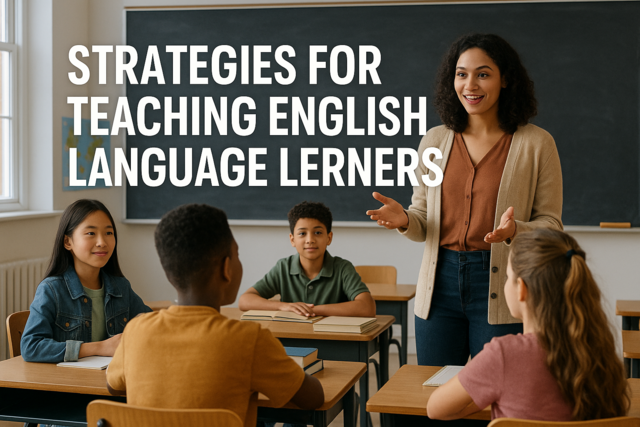 4 hours
0.4 CEUs
Strategies for Teaching English Language Learners
+ More Info
4 hours
0.4 CEUs
Strategies for Teaching English Language Learners
+ More Info
-
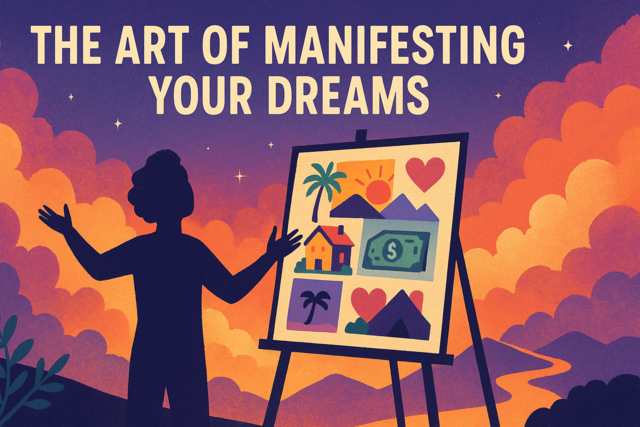 7 hours
0.7 CEUs
The Art of Manifesting Your Dreams
+ More Info
7 hours
0.7 CEUs
The Art of Manifesting Your Dreams
+ More Info
-
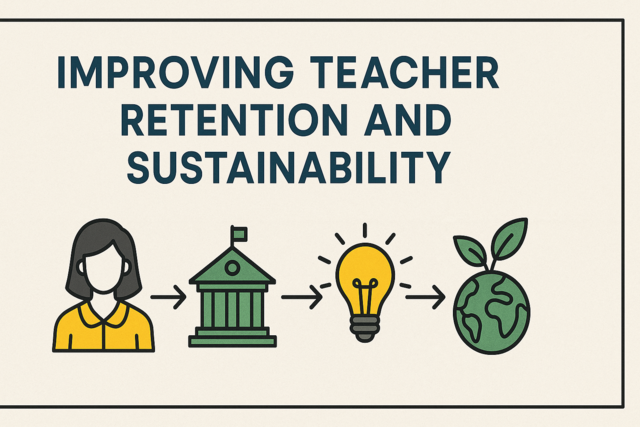 3 hours
0.3 CEUs
Improving Teacher Retention and Sustainability
+ More Info
3 hours
0.3 CEUs
Improving Teacher Retention and Sustainability
+ More Info
-
 3 hours
0.3 CEUs
Exploring Parallel Universes
+ More Info
3 hours
0.3 CEUs
Exploring Parallel Universes
+ More Info
-
 4 hours
0.4 CEUs
Paranormal Phenomena: Fact or Fiction
+ More Info
4 hours
0.4 CEUs
Paranormal Phenomena: Fact or Fiction
+ More Info
-
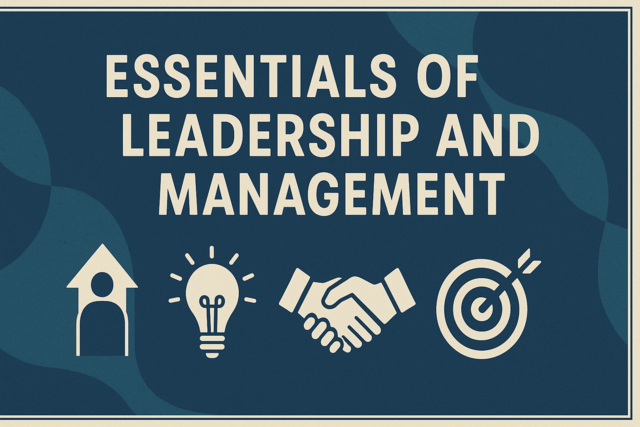 4 hours
0.4 CEUs
Essentials of Leadership and Management
+ More Info
4 hours
0.4 CEUs
Essentials of Leadership and Management
+ More Info
-
 4 hours
0.4 CEUs
Energy Medicine: Harnessing Your Body's Power
+ More Info
4 hours
0.4 CEUs
Energy Medicine: Harnessing Your Body's Power
+ More Info
-
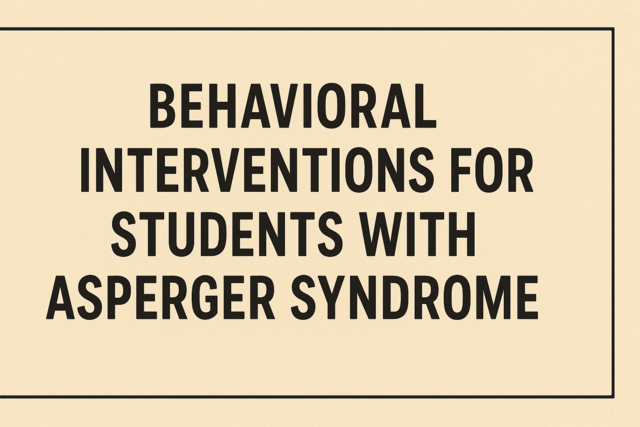 4 hours
0.4 CEUs
Behavioral Interventions for Students with Asperger Syndrome
+ More Info
4 hours
0.4 CEUs
Behavioral Interventions for Students with Asperger Syndrome
+ More Info
-
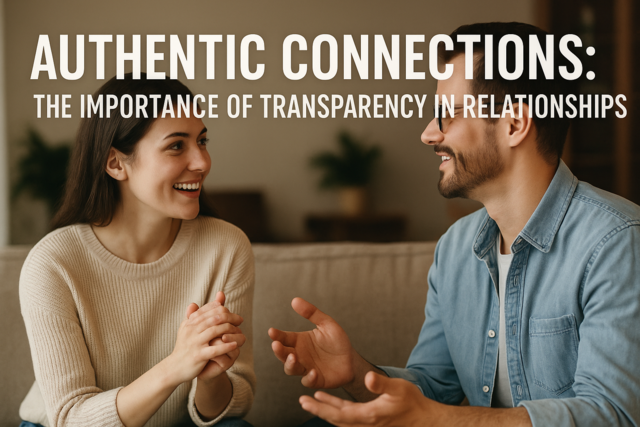 7 hours
0.7 CEUs
Authentic Connections: The Importance of Transparency in Relationships
+ More Info
7 hours
0.7 CEUs
Authentic Connections: The Importance of Transparency in Relationships
+ More Info
-
 6 hours
0.6 CEUs
Productivity Tools for Modern Professionals
+ More Info
6 hours
0.6 CEUs
Productivity Tools for Modern Professionals
+ More Info
-
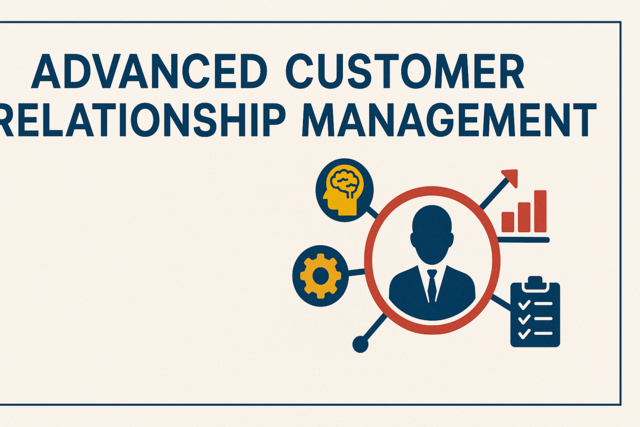 5 hours
0.5 CEUs
Advanced Customer Relationship Management
+ More Info
5 hours
0.5 CEUs
Advanced Customer Relationship Management
+ More Info
-
 4 hours
0.4 CEUs
Polished Precision: Men's Guide to Luxurious Tailoring
+ More Info
4 hours
0.4 CEUs
Polished Precision: Men's Guide to Luxurious Tailoring
+ More Info
-
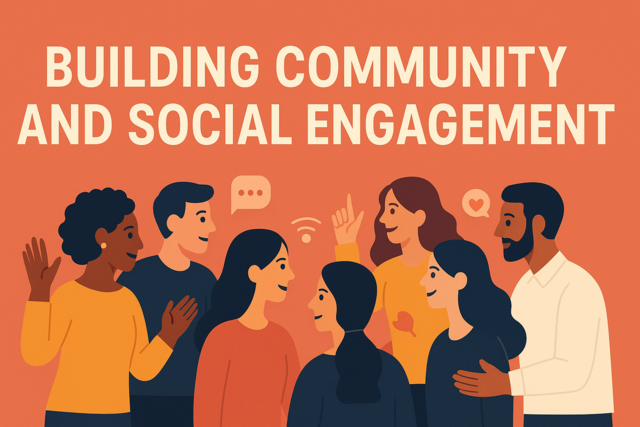 7 hours
0.7 CEUs
Building Community and Social Engagement
+ More Info
7 hours
0.7 CEUs
Building Community and Social Engagement
+ More Info
-
 4 hours
0.4 CEUs
Unlocking Resilience: Techniques for Tough Times
+ More Info
4 hours
0.4 CEUs
Unlocking Resilience: Techniques for Tough Times
+ More Info
-
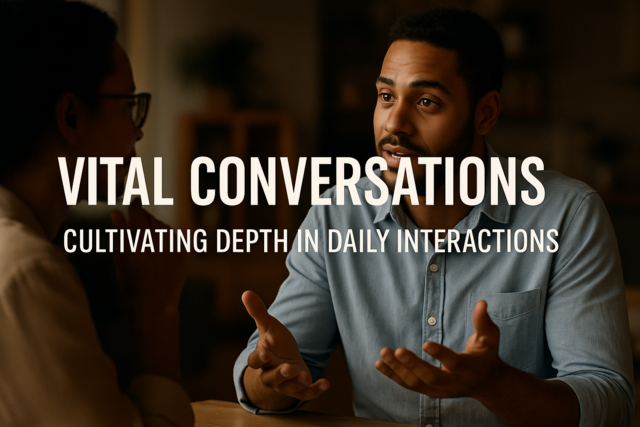 4 hours
0.4 CEUs
Vital Conversations: Cultivating Depth in Daily Interactions
+ More Info
4 hours
0.4 CEUs
Vital Conversations: Cultivating Depth in Daily Interactions
+ More Info
-
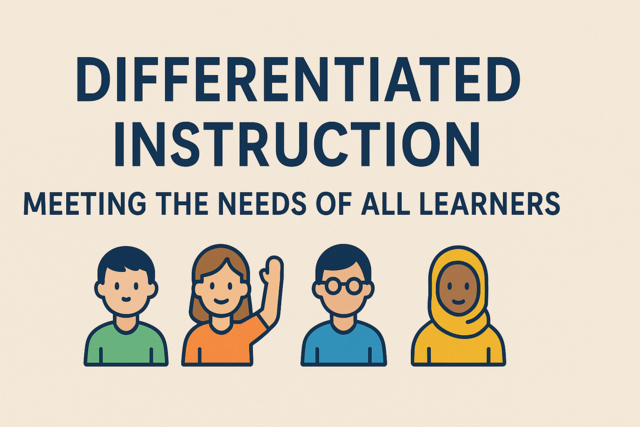 3 hours
0.3 CEUs
Differentiated Instruction: Meeting the Needs of All Learners
+ More Info
3 hours
0.3 CEUs
Differentiated Instruction: Meeting the Needs of All Learners
+ More Info
-
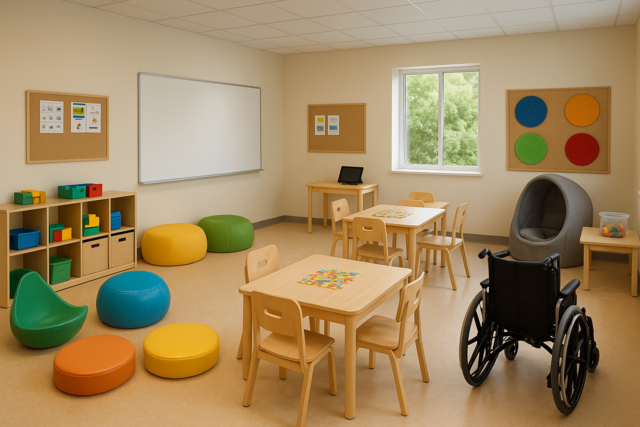 7 hours
0.7 CEUs
Classroom Design and Environment for Special Needs Students
+ More Info
7 hours
0.7 CEUs
Classroom Design and Environment for Special Needs Students
+ More Info
-
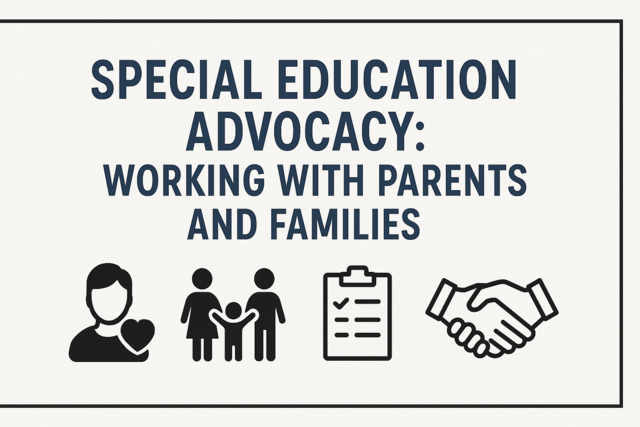 3 hours
0.3 CEUs
Special Education Advocacy: Working with Parents and Families
+ More Info
3 hours
0.3 CEUs
Special Education Advocacy: Working with Parents and Families
+ More Info
-
 7 hours
0.7 CEUs
Vintage Visions: Integrating Past Styles in Modern Luxury
+ More Info
7 hours
0.7 CEUs
Vintage Visions: Integrating Past Styles in Modern Luxury
+ More Info
-
 3 hours
0.3 CEUs
Dapper & Distinguished: Men's Fashion Essentials
+ More Info
3 hours
0.3 CEUs
Dapper & Distinguished: Men's Fashion Essentials
+ More Info
-
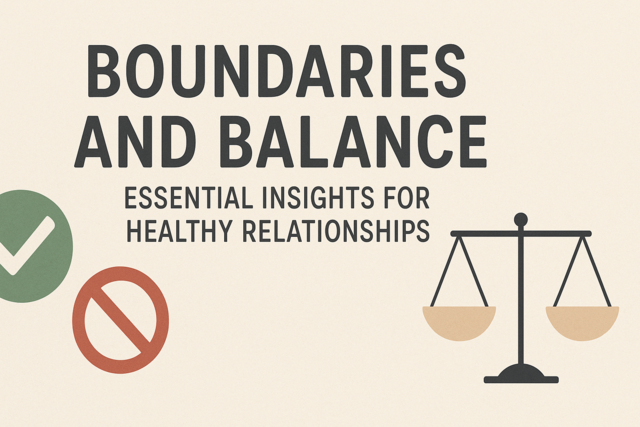 6 hours
0.6 CEUs
Boundaries and Balance: Essential Insights for Healthy Relationships
+ More Info
6 hours
0.6 CEUs
Boundaries and Balance: Essential Insights for Healthy Relationships
+ More Info
-
 5 hours
0.5 CEUs
Building Bridges: Techniques for Intergenerational Understanding
+ More Info
5 hours
0.5 CEUs
Building Bridges: Techniques for Intergenerational Understanding
+ More Info
-
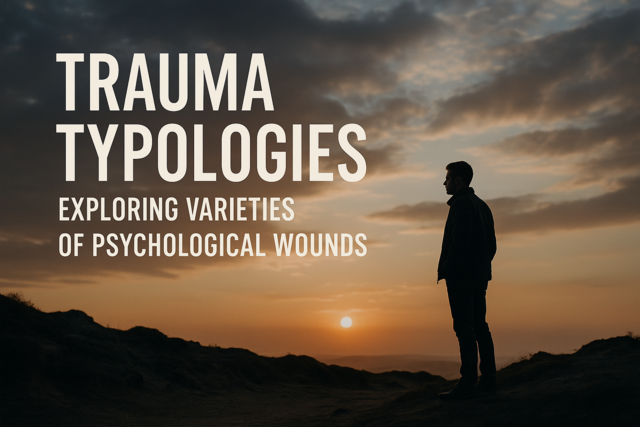 7 hours
0.7 CEUs
Trauma Typologies: Exploring Varieties of Psychological Wounds
+ More Info
7 hours
0.7 CEUs
Trauma Typologies: Exploring Varieties of Psychological Wounds
+ More Info
-
 6 hours
0.6 CEUs
Beyond Glamour: Women's Luxury Fashion Unveiled
+ More Info
6 hours
0.6 CEUs
Beyond Glamour: Women's Luxury Fashion Unveiled
+ More Info
-
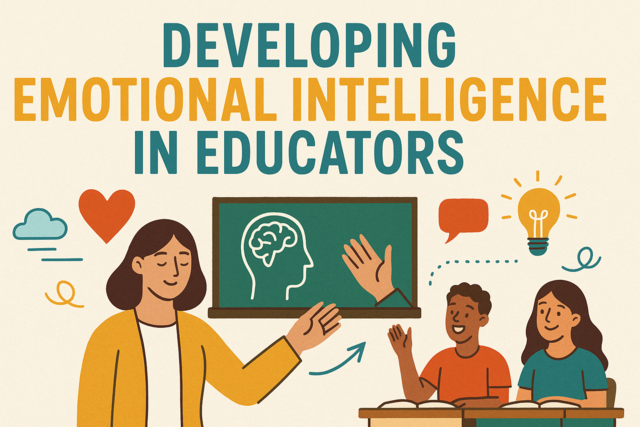 4 hours
0.4 CEUs
Developing Emotional Intelligence in Educators
+ More Info
4 hours
0.4 CEUs
Developing Emotional Intelligence in Educators
+ More Info
-
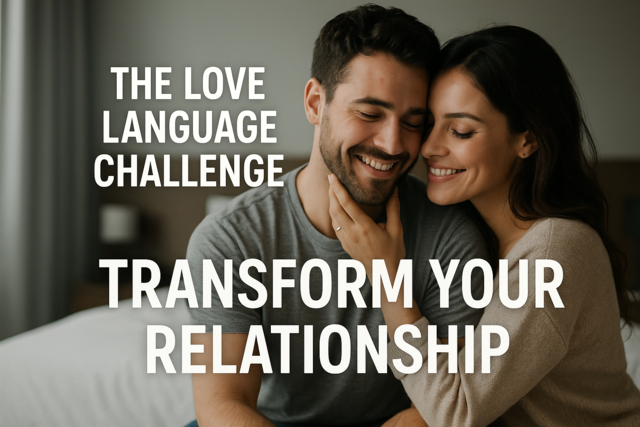 4 hours
0.4 CEUs
The Love Language Challenge: Transform Your Relationship
+ More Info
4 hours
0.4 CEUs
The Love Language Challenge: Transform Your Relationship
+ More Info
-
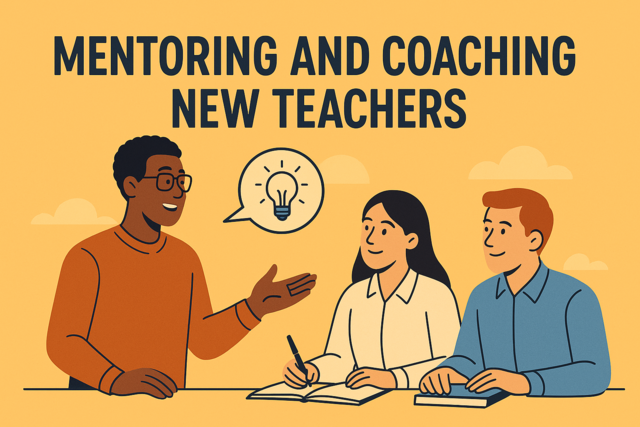 5 hours
0.5 CEUs
Mentoring and Coaching New Teachers
+ More Info
5 hours
0.5 CEUs
Mentoring and Coaching New Teachers
+ More Info
-
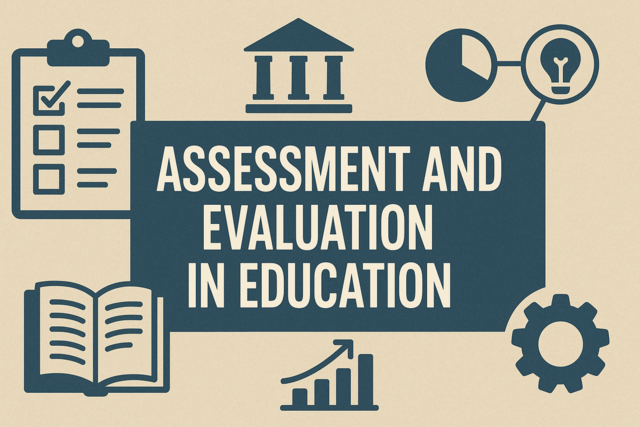 6 hours
0.6 CEUs
Assessment and Evaluation in Education
+ More Info
6 hours
0.6 CEUs
Assessment and Evaluation in Education
+ More Info
-
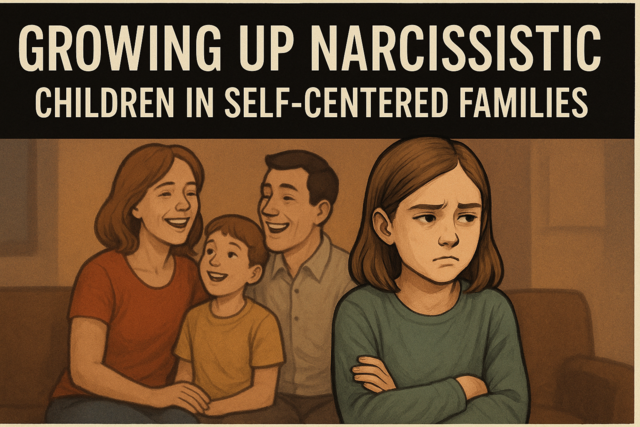 3 hours
0.3 CEUs
Growing Up Narcissistic: Children in Self-Centered Families
+ More Info
3 hours
0.3 CEUs
Growing Up Narcissistic: Children in Self-Centered Families
+ More Info
-
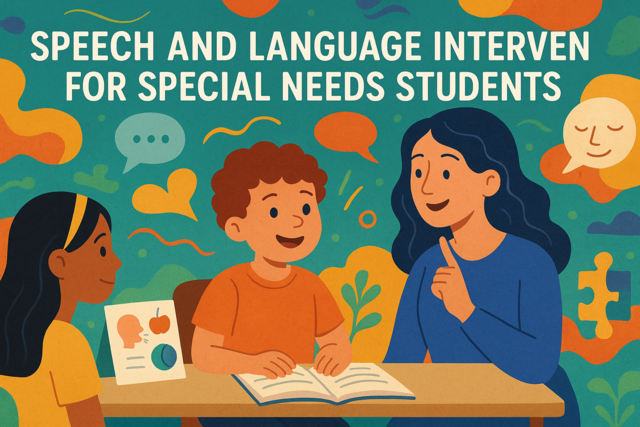 7 hours
0.7 CEUs
Speech and Language Interventions for Special Needs Students
+ More Info
7 hours
0.7 CEUs
Speech and Language Interventions for Special Needs Students
+ More Info
-
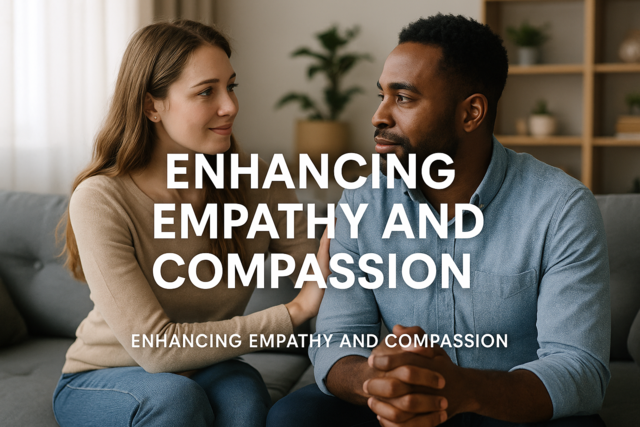 7 hours
0.7 CEUs
Enhancing Empathy and Compassion
+ More Info
7 hours
0.7 CEUs
Enhancing Empathy and Compassion
+ More Info
-
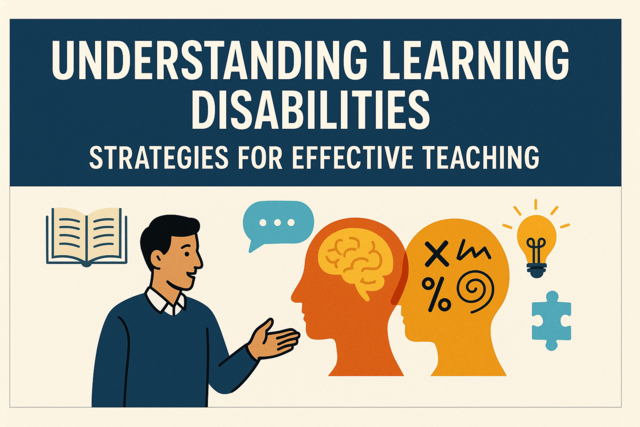 7 hours
0.7 CEUs
Understanding Learning Disabilities: Strategies for Effective Teaching
+ More Info
7 hours
0.7 CEUs
Understanding Learning Disabilities: Strategies for Effective Teaching
+ More Info
-
 7 hours
0.7 CEUs
Developing and Maintaining Healthy Habits
+ More Info
7 hours
0.7 CEUs
Developing and Maintaining Healthy Habits
+ More Info
-
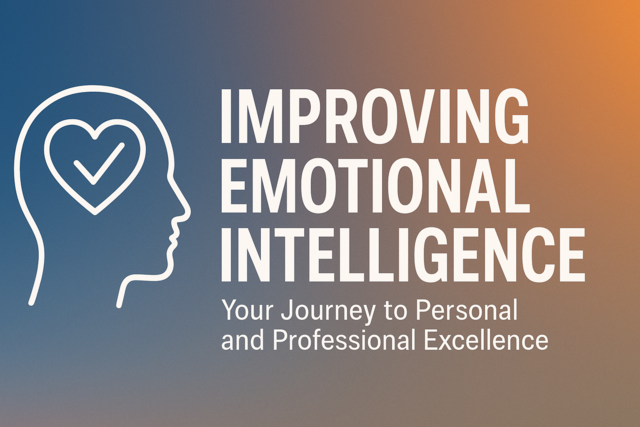 6 hours
0.6 CEUs
Improving Emotional Intelligence
+ More Info
6 hours
0.6 CEUs
Improving Emotional Intelligence
+ More Info
-
 6 hours
0.6 CEUs
Beyond the Runway: Influencing Trends in Modern Luxury
+ More Info
6 hours
0.6 CEUs
Beyond the Runway: Influencing Trends in Modern Luxury
+ More Info
-
 3 hours
0.3 CEUs
Sound Therapy and Vibrational Healing
+ More Info
3 hours
0.3 CEUs
Sound Therapy and Vibrational Healing
+ More Info
-
 6 hours
0.6 CEUs
Project Management for Personal Projects
+ More Info
6 hours
0.6 CEUs
Project Management for Personal Projects
+ More Info
-
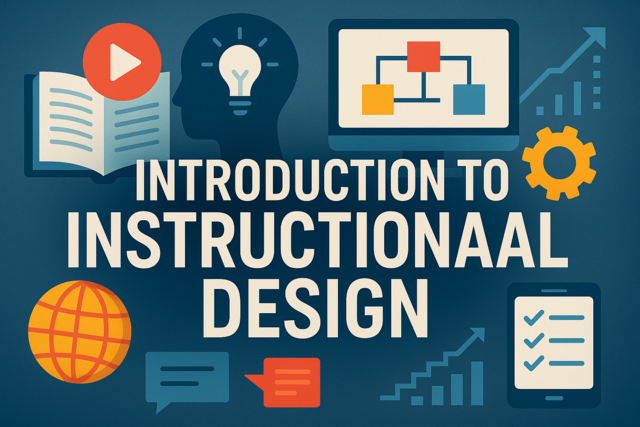 7 hours
0.7 CEUs
Introduction to Instructional Design
+ More Info
7 hours
0.7 CEUs
Introduction to Instructional Design
+ More Info
-
 7 hours
0.7 CEUs
Global Glam: International Perspectives on Modern Fashion
+ More Info
7 hours
0.7 CEUs
Global Glam: International Perspectives on Modern Fashion
+ More Info


